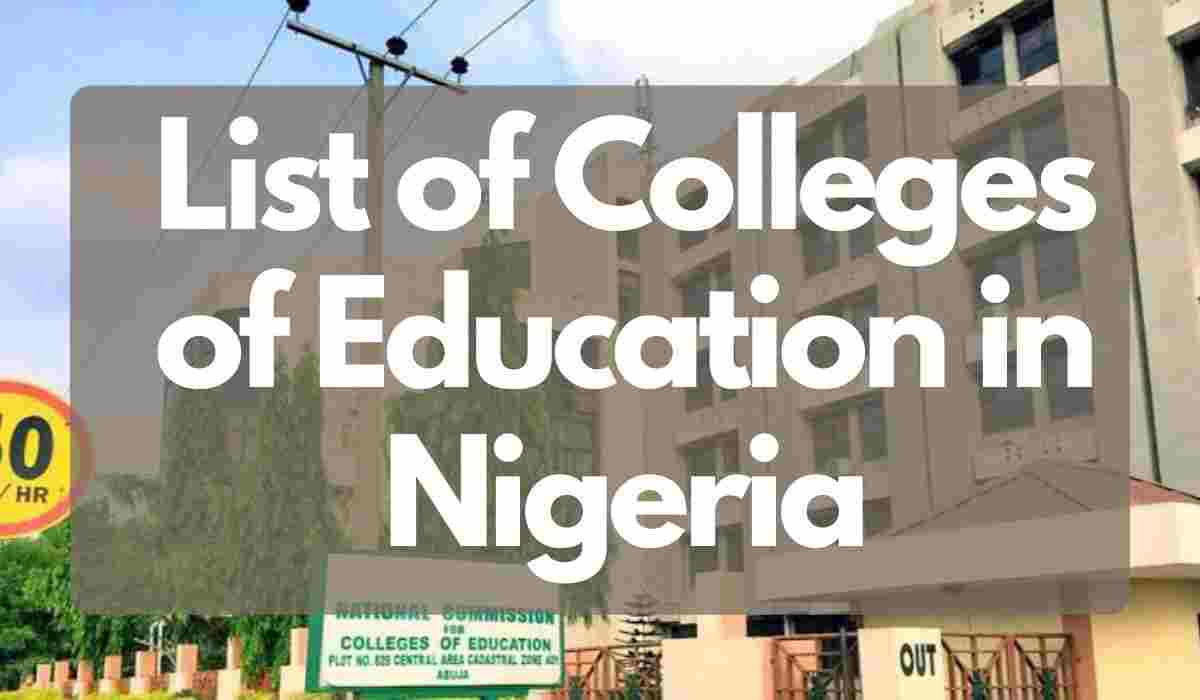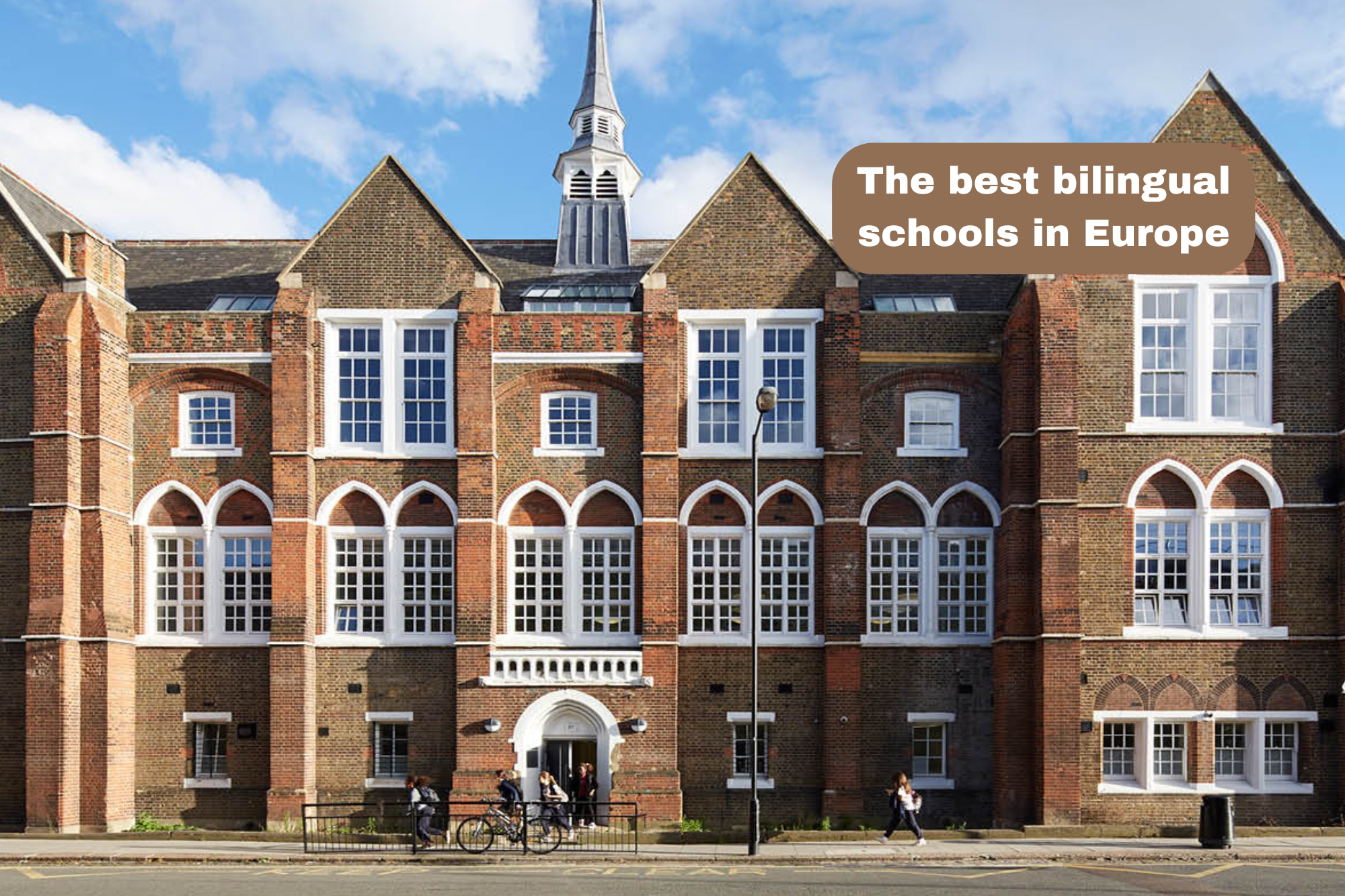Share this Post
Education remains the bedrock of development in any society, and teacher training is at the heart of this progress. Colleges of Education in Nigeria play a vital role in producing skilled teachers equipped to meet the demands of modern education.
These institutions serve as the cornerstone for quality teaching, providing students with theoretical knowledge and practical teaching skills.
In this article, we provide a comprehensive list of Colleges of Education in Nigeria, categorized into Federal, State, and Private institutions, highlighting their significance in shaping the future of education.
Key Roles of Colleges of Education in Nigeria
- Teacher Training and Certification: These institutions are responsible for training professional teachers with qualifications such as the Nigeria Certificate in Education (NCE), which is the minimum requirement for teaching in primary and secondary schools.
- Promoting Educational Standards: Colleges of Education ensure that educators meet the required standards to provide quality teaching in classrooms.
- Specialized Programs: Many colleges offer technical and vocational programs to address specific areas such as technical education, special education, and primary education.
Below is a comprehensive list of these colleges, as accredited by the National Commission for Colleges of Education (NCCE).
Federal Colleges of Education:
- Federal College of Education (Technical), Asaba
- Federal College of Education, Kano
- Federal College of Education (Special), Oyo
- Federal College of Education (Technical), Gombe
- Federal College of Education, Kontagora
- Federal College of Education, Okene
- Federal College of Education (Technical), Omoku
- Federal College of Education (Technical), Potiskum
- Federal College of Education, Zaria
- Federal College of Education (Technical), Akoka
- Federal College of Education (Technical), Bichi
- Federal College of Education (Technical), Gusau
- Federal College of Education, Katsina
- Federal College of Education, Obudu
- Adeyemi College of Education, Ondo
- Federal College of Education, Pankshin
- Federal College of Education, Yola
- Federal College of Education, Eha-Amufu
- Federal College of Education, Abeokuta
- Federal College of Education, Umunze
- Federal College of Education, Odugbo
- Federal College of Education, Isu
- Federal College of Education, Jama’are
- Federal College of Education, Iwo
- Federal College of Education, Birnin Yauri
- Federal College of Education, Gidan Madi
- Federal College of Education, Hong
State Colleges of Education:
- College of Education, Gindiri
- Adamawa State College of Education, Hong
- Tai Solarin College of Education, Ijebu-Ode
- College of Education, Ikere-Ekiti
- Ebonyi State College of Education, Ikwo
- College of Education, Warri
- Nasarawa State College of Education, Akwanga
- Isa Kaita College of Education, Dutsin-Ma
- College of Education, Ekiadolor-Benin
- College of Education, Gashua, Damaturu
- Kaduna State College of Education, Gidan-Waya, Kafanchan
- Osun State College of Education, Ilesa
- College of Education, Oro
- College of Education, Katsina-Ala
- Sa’adatu Rimi College of Education, Kumbotso, Kano
- College of Education (Technical), Lafiagi
- Nwafor Orizu College of Education, Nsugbe
- Adeniran Ogunsanya College of Education, Otto/Ijanikin
- Alvan Ikoku College of Education, Owerri
- Emmanuel Alayande College of Education, Oyo
- College of Education, Waka-Biu
- Delta State College of Education, Agbor
- Akwa Ibom State College of Education, Afaha Nsit
- Kogi State College of Education, Ankpa
- Adamu Augie College of Education, Argungu
- Aminu Saleh College of Education, Azare
- Umar Ibn Ibrahim El-Kanemi College of Education, Science and Technology, Bama
- Zamfara State College of Education, Maru
- Jigawa State College of Education, Gumel
- Niger State College of Education, Minna
- Shehu Shagari College of Education, Sokoto
- College of Education, Arochukwu
- College of Education, Ila-Orangun
- Michael Otedola College of Primary Education, Lagos
- Kashim Ibrahim College of Education, Maiduguri
- Delta State College of Physical Education, Mosogar
- Enugu State College of Education (Technical), Enugu
- Cross River State College of Education, Akamkpa
- Edo State College of Education, Igueben
- Isaac Jasper Boro College of Education, Sagbama
- Kogi State College of Education (Technical), Kabba
- Jigawa State College of Education and Legal Studies, Ringim
- College of Education, Billiri
- Kano State College of Education and Remedial Studies, Kano
- College of Education, Lanlate
- College of Education and Legal Studies, Yobe
- Imo State College of Education, Ihitte/Uboma
Private Colleges of Education:
- City College of Education, Mararaba
- Ansar-Ud-Deen College of Education, Isolo
- Yewa Central College of Education, Ayetoro
- Osisa Tech. College of Education, Enugu
- St. Augustine College of Education, Akoka, Lagos
- African Thinkers Community of Inquiry College of Education, Enugu
Accreditation and Quality Assurance
The National Commission for Colleges of Education (NCCE) is the regulatory body responsible for accrediting and monitoring these institutions.
The NCCE ensures that colleges adhere to established academic and professional standards, making them reputable centers for teacher education.
Notable Colleges of Education
- Adeyemi College of Education, Ondo: This is one of the most renowned Colleges of Education in Nigeria, offering programs in science, arts, and technical education.
- Alvan Ikoku College of Education, Owerri: Known for its emphasis on research and innovation in education.
- Federal College of Education (Special), Oyo: Focused on training teachers for special needs education.
Challenges Faced by Colleges of Education
- Funding Issues: Many state and federal colleges struggle with insufficient funding, affecting infrastructure and facilities.
- Outdated Curricula: The need to modernize teaching methods and incorporate technology into teacher training programs is a major concern.
- Attracting Prospective Students: Many students prefer universities over colleges of education, leading to a decline in enrollment.
Conclusion
Colleges of Education in Nigeria are indispensable in shaping the future of the teaching profession and the broader educational sector.
By equipping educators with the knowledge and skills they need, these institutions contribute significantly to the nation’s development.
However, addressing challenges such as funding, curriculum updates, and enrollment will enhance their effectiveness.
Aspiring teachers should consider these colleges as a viable path to making a meaningful impact in education, ensuring that Nigeria continues to produce skilled and dedicated educators for future generations.





